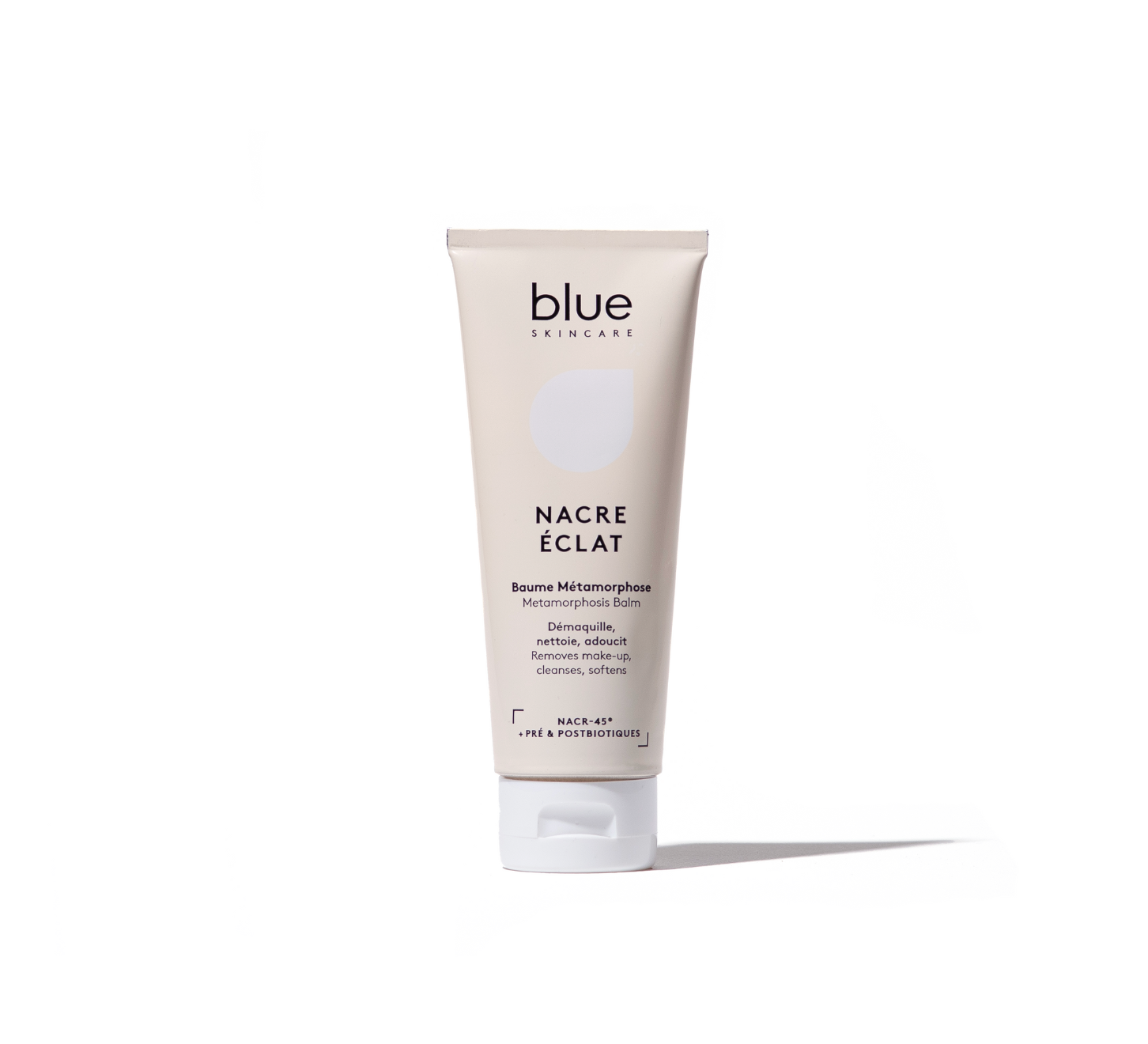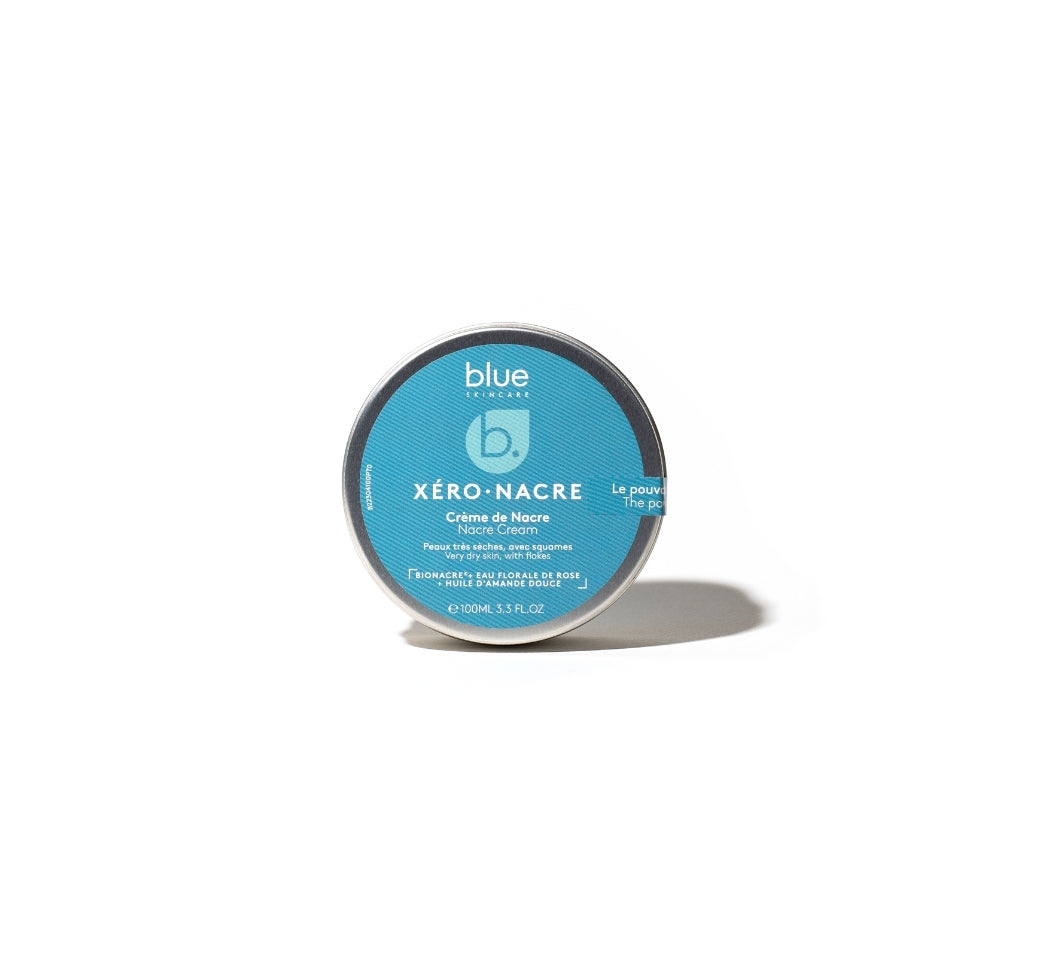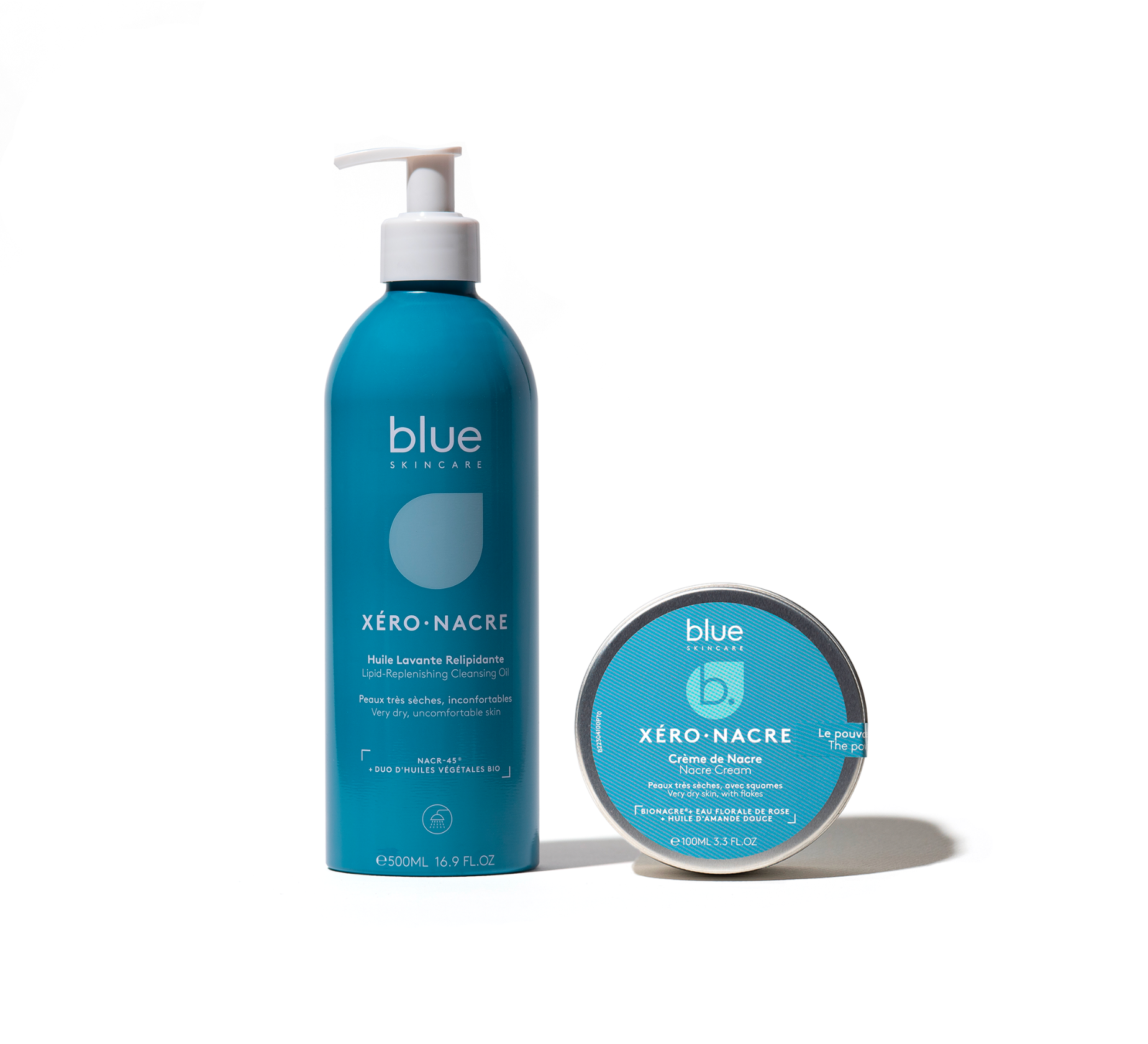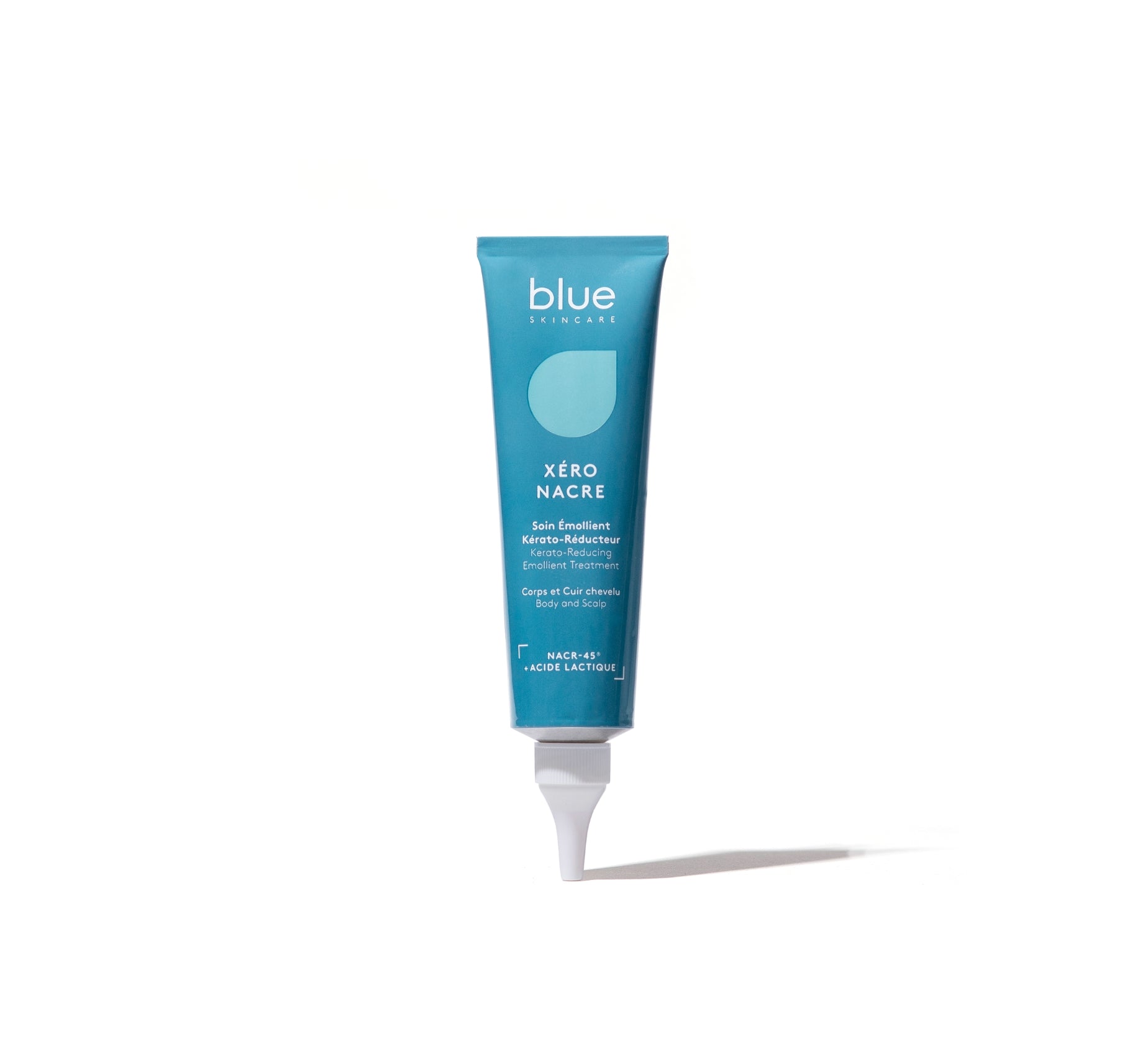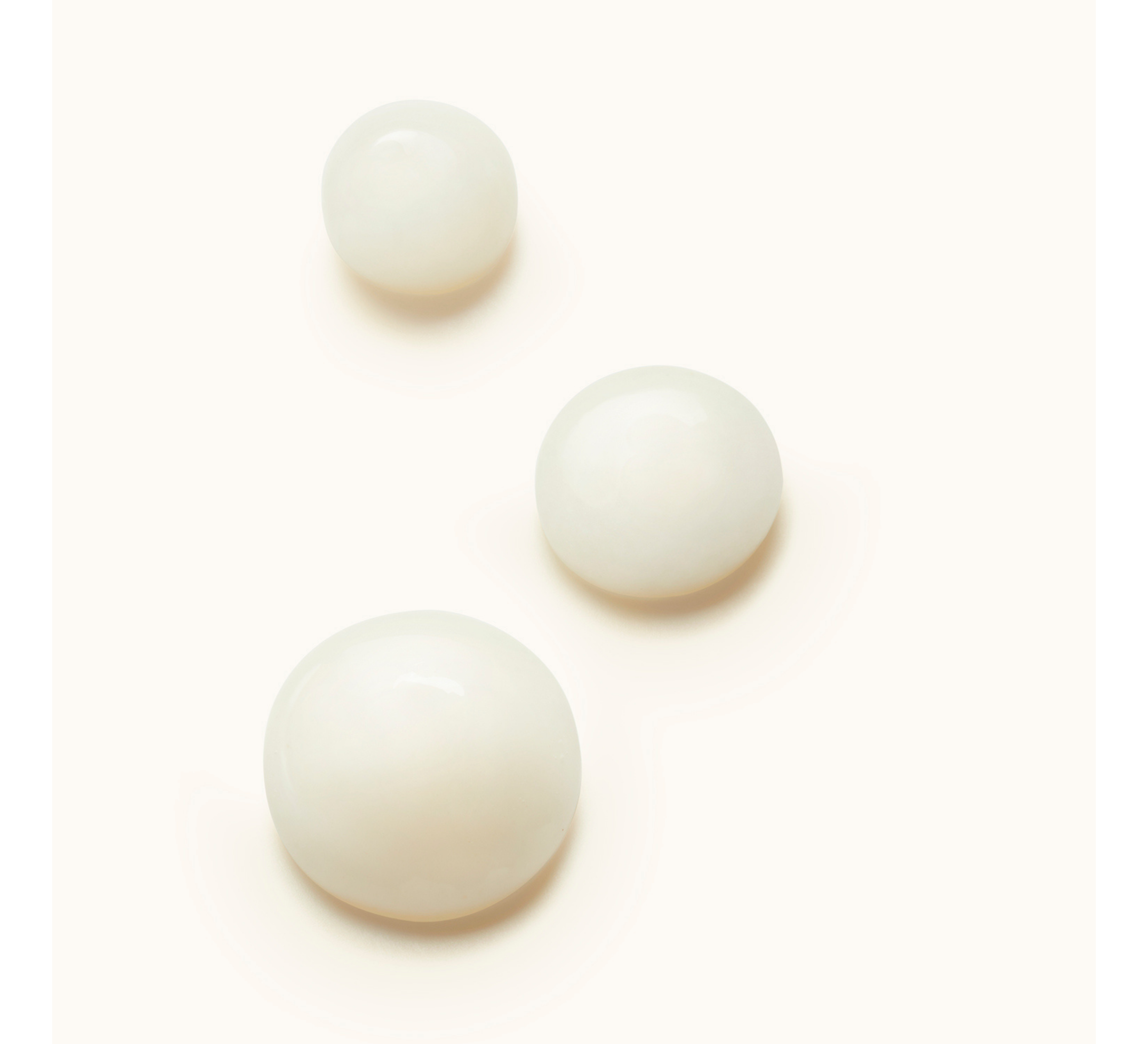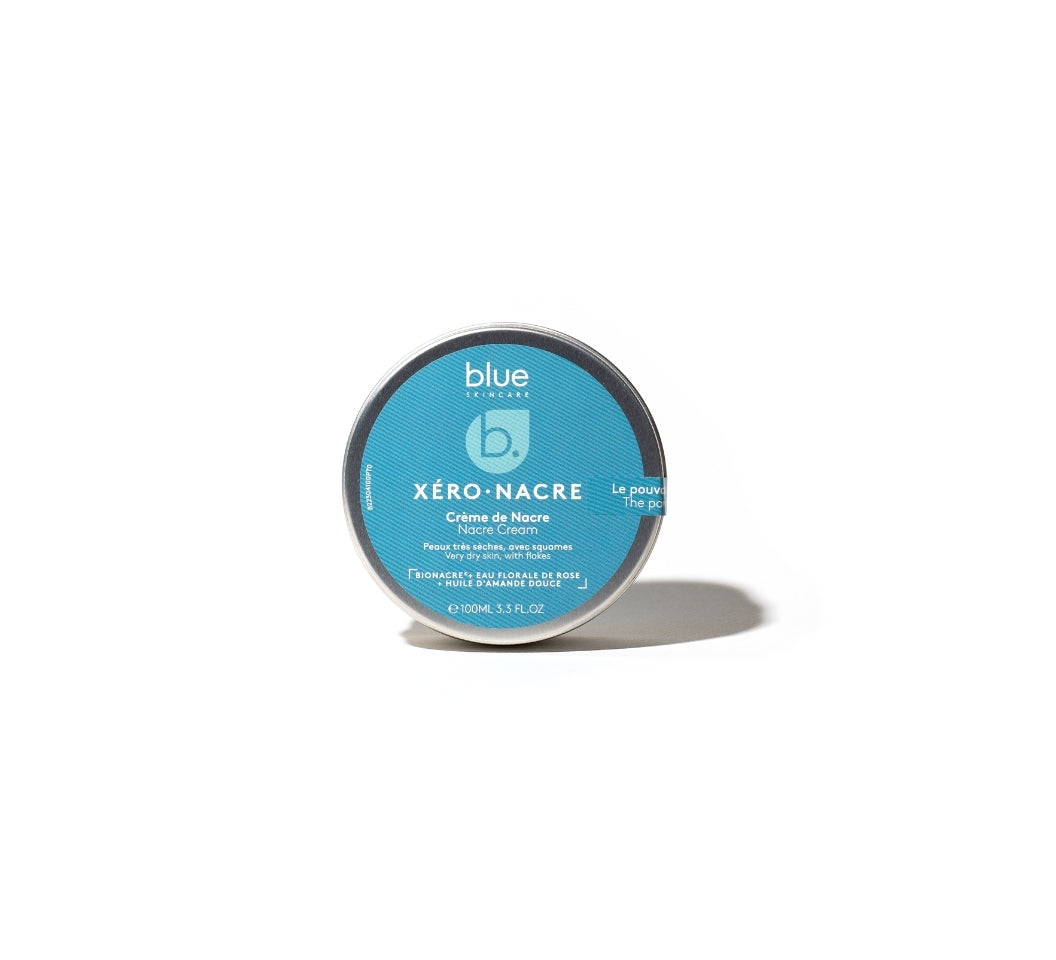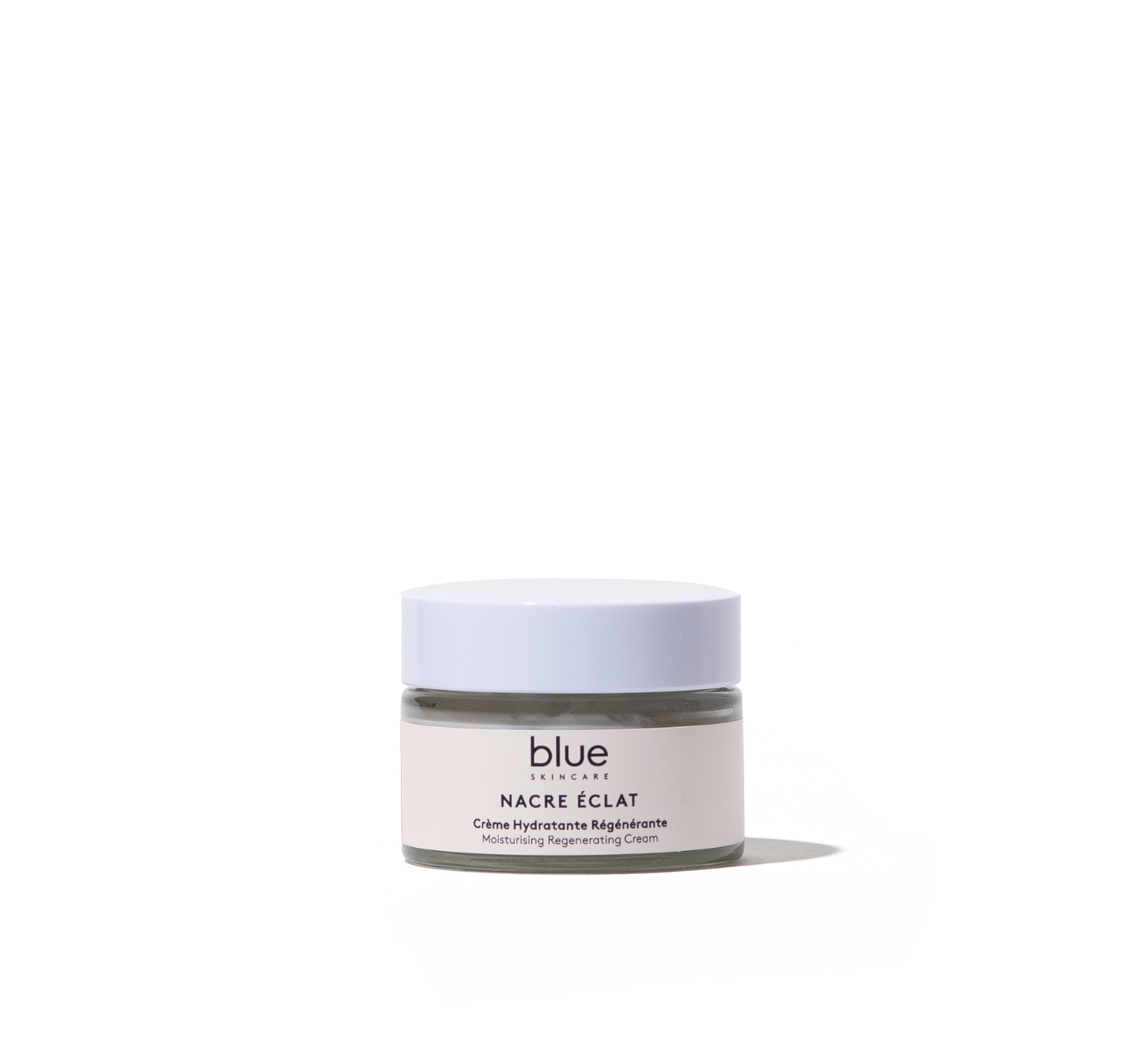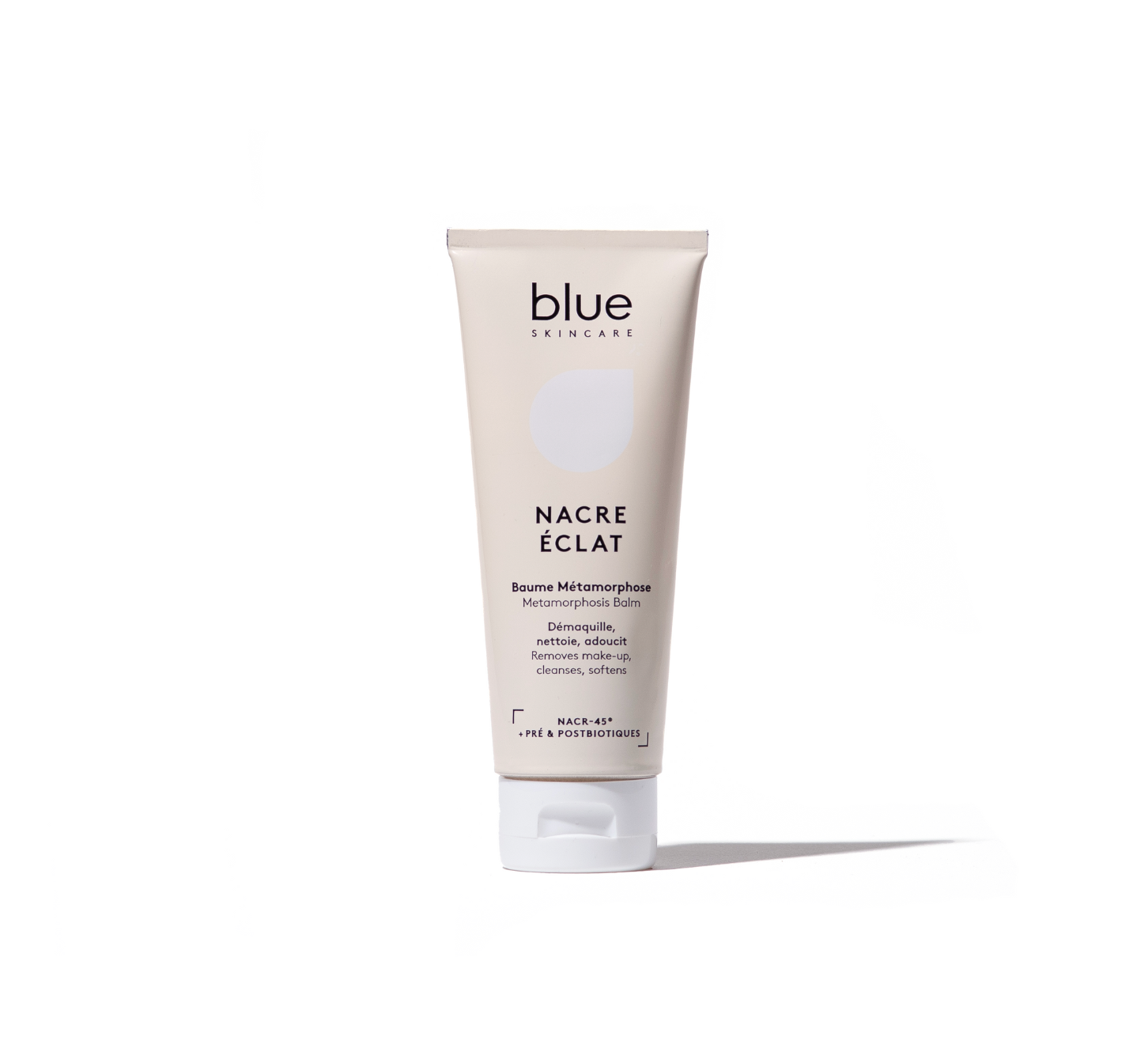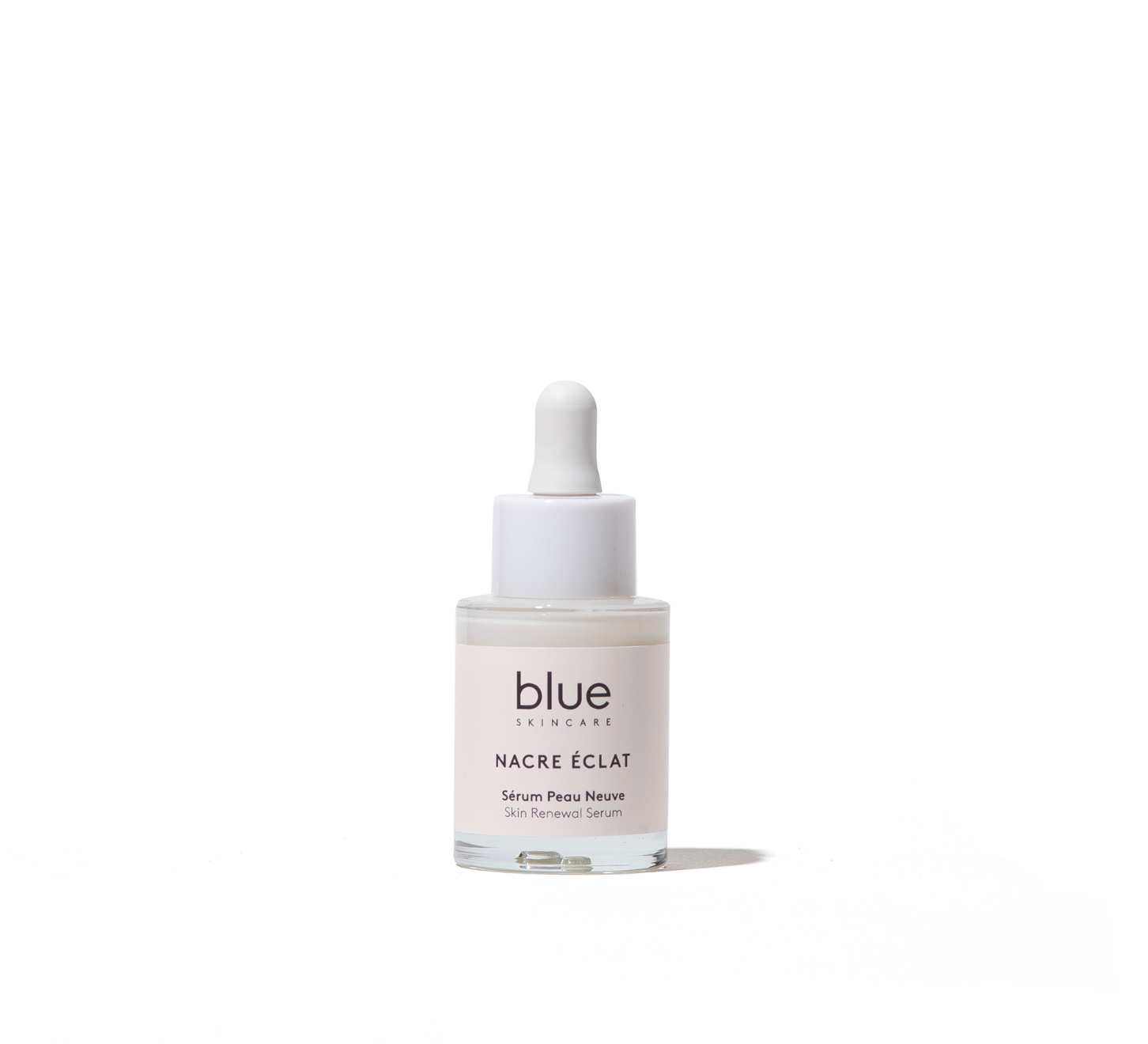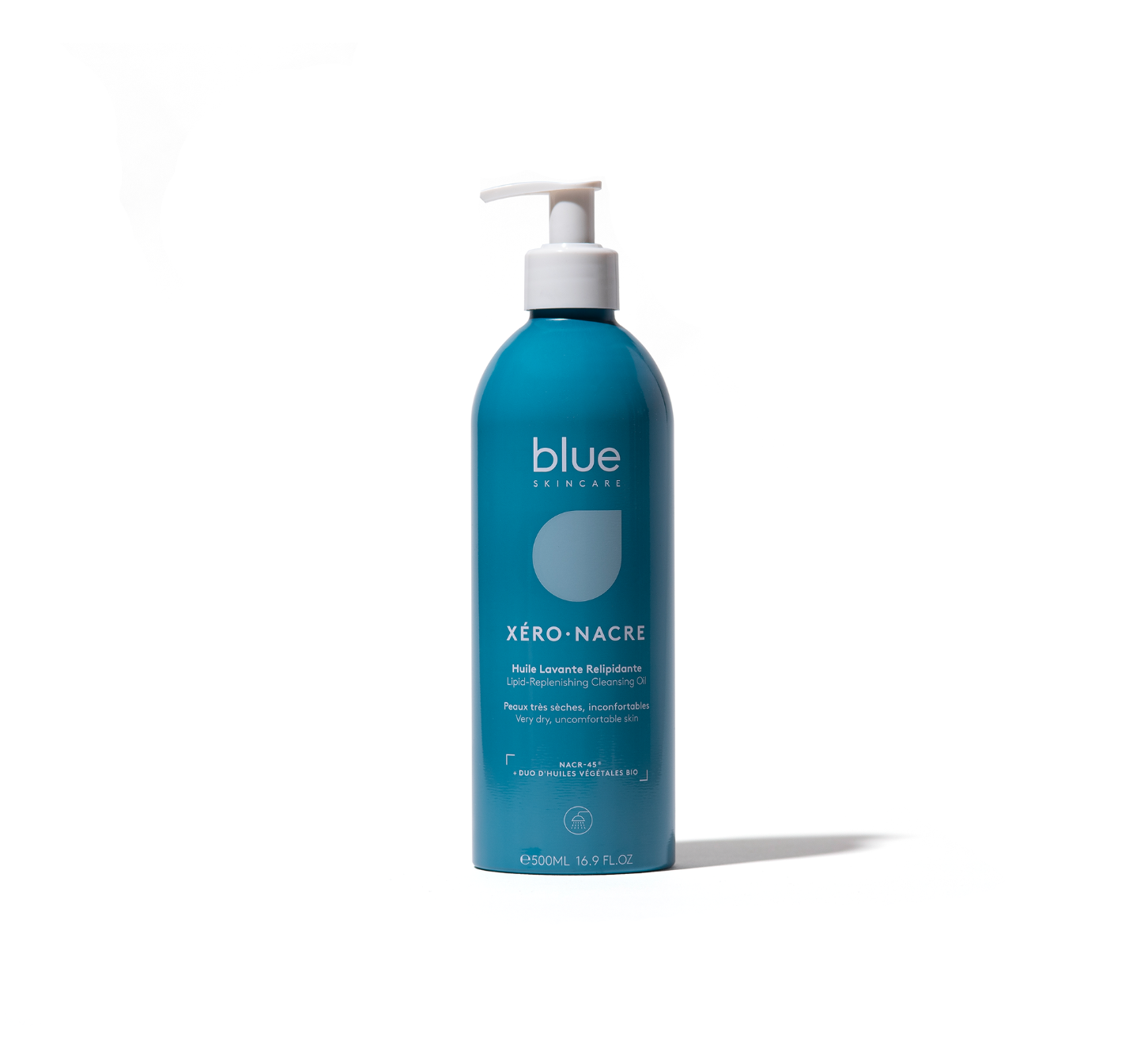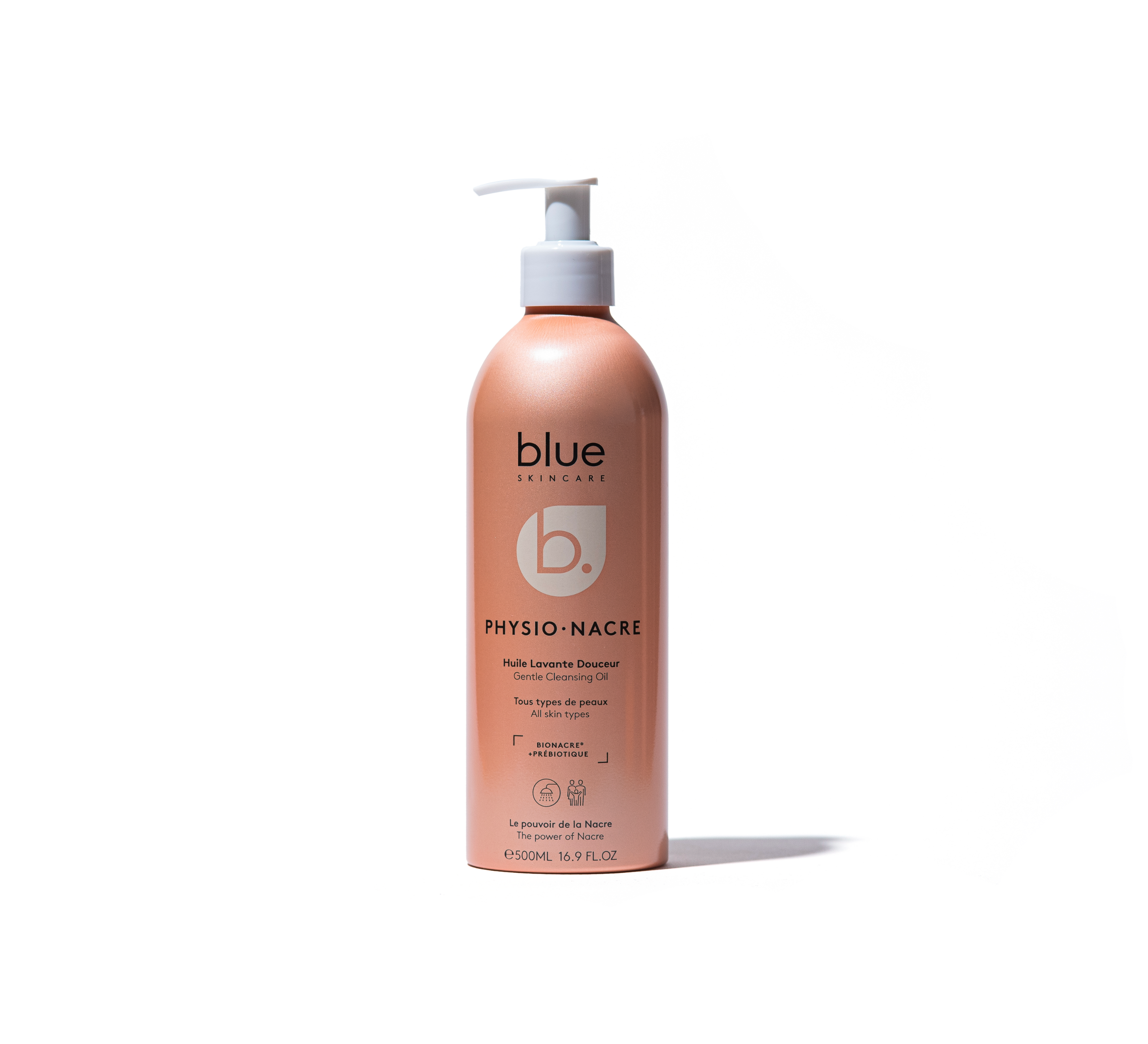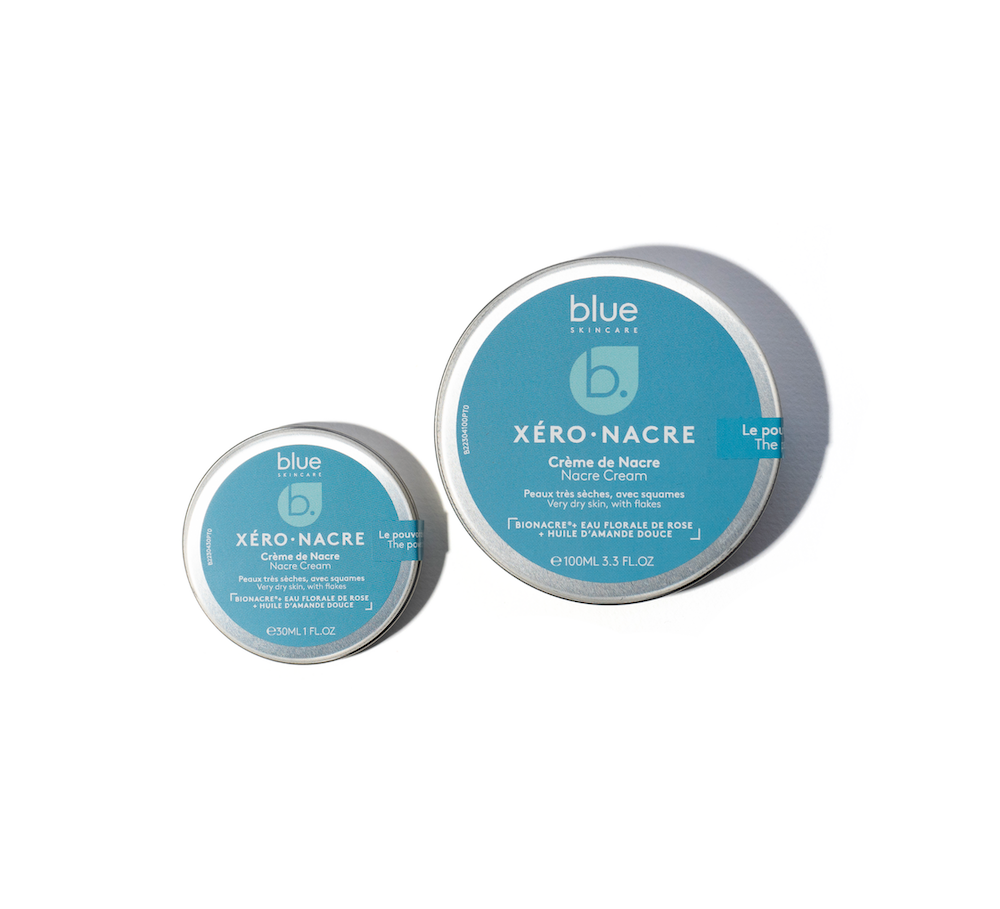Le psoriasis, une affection cutanée chronique qui affecte des millions de personnes dans le monde, peut souvent être difficile à traiter avec des méthodes conventionnelles.
Cependant, de plus en plus de personnes se tournent vers des approches naturelles pour soulager les symptômes de lésion du psoriasis.
Utilisation des huiles essentielles pour traiter le psoriasis
L'utilisation d'huiles essentielles pour traiter le psoriasis est de plus en plus populaire en raison de leurs propriétés apaisantes et anti-inflammatoires. Des huiles telles que l'huile d'arbre à thé, la lavande et la camomille peuvent aider à réduire les rougeurs, les démangeaisons et l'inflammation associées au psoriasis.
L'application régulière d'huiles essentielles diluées sur les zones affectées peut contribuer à adoucir les plaques et à soulager l'inconfort.
De plus, certaines huiles essentielles, comme l'huile d'encens, sont réputées pour leur capacité à favoriser la cicatrisation de la peau, aidant ainsi à atténuer les cicatrices et les marques laissées par le psoriasis.
Cependant, il est essentiel de toujours diluer les huiles essentielles dans une huile porteuse appropriée et de consulter un professionnel de la santé avant de les utiliser, surtout si vous avez des allergies ou des sensibilités cutanées.
Des crèmes pour le psoriasis, notamment la crème à action kérato-réducteur permettent également de lutter contre les états squameux du psoriasis et limiter sa réapparition.
L'importance de la vitamine D dans le traitement du psoriasis
La vitamine D joue un rôle crucial dans le traitement du psoriasis en raison de ses propriétés immunomodulatrices et anti-inflammatoires. Des études ont démontré que les niveaux de vitamine D sont souvent plus bas chez les personnes atteintes de psoriasis, et que la supplémentation en vitamine D peut aider à réduire l'inflammation et à atténuer les symptômes de la maladie.
De plus, l'exposition contrôlée au soleil, qui favorise la production naturelle de vitamine D par la peau, peut également être bénéfique pour les personnes atteintes de psoriasis.
Cependant, il est important de consulter un professionnel de la santé pour déterminer la posologie appropriée de vitamine D et pour surveiller les niveaux sanguins afin d'éviter tout risque de toxicité.
L'utilisation de filtres solaires pour le psoriasis
L'utilisation de filtres solaires est essentielle pour les personnes atteintes de psoriasis, car une exposition excessive au soleil peut aggraver les symptômes. Les filtres solaires protègent la peau des rayons UV nocifs, aidant ainsi à prévenir les poussées et à réduire l'inflammation.
Il est recommandé d'opter pour des produits avec un FPS élevé et une protection à large spectre. Appliquer généreusement le filtre solaire sur toutes les zones exposées avant de sortir peut aider à maintenir la peau en meilleure santé et à minimiser les risques de complications associées au psoriasis.
Les bienfaits des huiles végétales pour le psoriasis
Les huiles végétales offrent des bienfaits précieux pour les personnes atteintes de psoriasis sur le corps.
Des huiles telles que l'huile de coco, l'huile d'amande douce et l'huile de jojoba sont riches en acides gras essentiels et en antioxydants, nourrissant ainsi la peau et le cuir chevelu en profondeur et réduisant l'inflammation.
Leur application régulière peut adoucir les plaques de psoriasis, soulager les démangeaisons et favoriser la cicatrisation. Opter pour des huiles non comédogènes et de haute qualité est recommandé pour maximiser les bienfaits.
Toutefois, il est conseillé de consulter un professionnel de la santé avant d'adopter un nouveau traitement cutané du psoriasis.
Les acides gras essentiels dans le traitement du psoriasis
Les acides gras essentiels jouent un rôle crucial dans le traitement du psoriasis. Des études ont montré que les oméga-3 présents dans les poissons gras comme le saumon et les suppléments d'huile de poisson peuvent réduire l'inflammation et soulager les symptômes du psoriasis.
De plus, les acides gras présents dans les graines de lin, l'huile de lin et les noix peuvent également contribuer à améliorer la santé de la peau et à réduire les poussées de psoriasis.
Intégrer ces aliments riches en acides gras essentiels dans l'alimentation peut donc être bénéfique pour les personnes atteintes de psoriasis.
L'importance des fruits et légumes dans le traitement naturel du psoriasis
Les fruits et légumes sont essentiels dans le traitement naturel du psoriasis en raison de leur richesse en nutriments et en antioxydants. Leur consommation favorise une peau saine en réduisant l'inflammation et en renforçant le système immunitaire.
Les aliments comme les baies, les épinards et les carottes sont particulièrement bénéfiques pour leur teneur en vitamines et en phytonutriments, contribuant ainsi à atténuer les symptômes du psoriasis.
Le rôle de l'exercice physique dans la gestion du psoriasis
L'exercice physique joue un rôle crucial dans la gestion du psoriasis en réduisant le stress, en améliorant la circulation sanguine et en renforçant le système immunitaire.
L'activité physique régulière peut contribuer à réduire l'inflammation et à atténuer les symptômes du psoriasis. Des exercices comme la marche, la natation et le yoga peuvent aider à maintenir une peau saine et à favoriser le bien-être général chez les personnes atteintes de psoriasis.
Augmenter l'humidité pour soulager le psoriasis
L'augmentation de l'humidité dans l'environnement peut être bénéfique pour soulager les symptômes du psoriasis. Un air sec peut aggraver l'irritation et la desquamation de la peau, tandis qu'un environnement humide peut aider à apaiser et à hydrater la peau.
Utiliser un humidificateur à la maison, prendre des bains tièdes et appliquer des crèmes hydratantes peuvent aider à maintenir l'humidité de la peau et à soulager l'inconfort associé au psoriasis.
Il est reconnu également que la mer morte, avec son eau possédant une forte teneur en sel, possède des qualité curative pour soulager les symptômes de cette pathologie.
FAQ
Quelle est la manière la plus efficace d'appliquer l'Aloe Vera pour traiter le psoriasis ?
L'application directe de gel d'Aloe Vera sur les zones affectées du psoriasis est la méthode la plus efficace. Assurez-vous d'utiliser du gel pur et de haute qualité. Appliquez une fine couche sur la peau propre et sèche, en massant doucement pour favoriser une absorption maximale.
Répétez ce processus plusieurs fois par jour pour bénéficier des propriétés apaisantes et hydratantes de l'Aloe Vera.
Quels fruits et légumes devrais-je inclure dans mon alimentation pour aider à gérer mon psoriasis ?
Les fruits et légumes riches en antioxydants et en vitamines sont bénéfiques pour la gestion du psoriasis. Incluez des choix comme les baies, les épinards, les carottes, les avocats et les agrumes dans votre alimentation.
Les aliments riches en oméga-3, comme le saumon et les noix, peuvent également aider à réduire l'inflammation cutanée. Optez dans ce cas pour une variété de couleurs pour garantir un apport optimal en nutriments.
